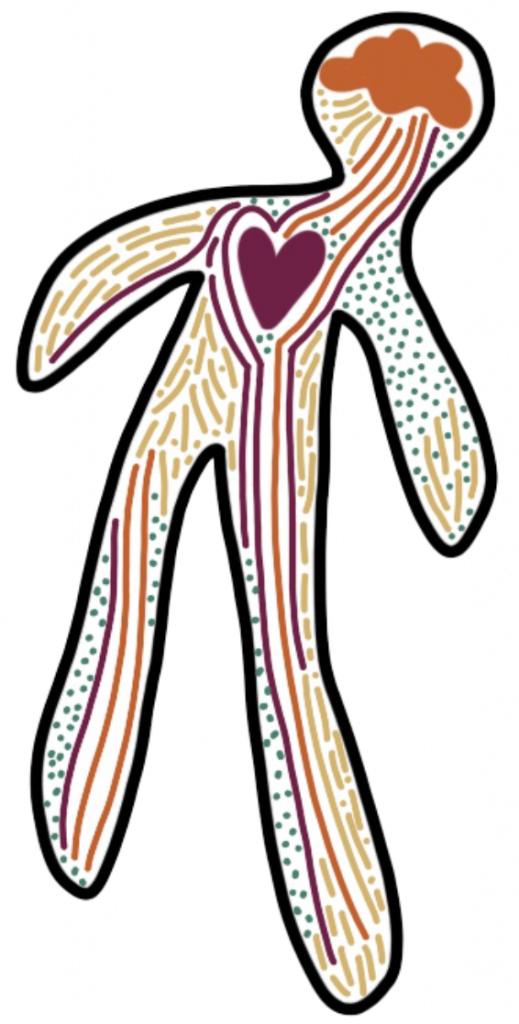As Executive Director of the People’s Advocacy Institute, co-coordinator of the Electoral Justice Project, and campaign co-coordinator of the successful Committee to Elect Chokwe Antar Lumumba for Mayor of Jackson, Mississippi, Rukia Lumumba is a transformative justice strategist and human rights advocate.
For more than 18 years, she has worked within and outside the system to foster justice for all, especially as it relates to criminal justice disparities for people of color. She has served as director of two of New York state’s largest criminal justice nonprofits, CASES (the Center for Alternatives Sentencing and Employment Services) and the Center for Community Alternatives, providing visionary leadership and building community and system partnerships to help break the prison pipeline. During her leadership tenure, more than 4,200 youths received supportive community-based services including housing, education, job, and health and well-being services, in lieu of incarceration. She also served as co-chair of the Anti-Violence and Criminal Justice Working Group and steering committee member of the first Young Women’s Initiative in the United States dedicated to developing gender equitable policies in New York City, particularly for young women of color. Her work contributed to the development of She Will Be, a 144-page report of recommendations from stakeholders across New York City, including but not limited to community-based organizations, advocates, policy experts, and young women themselves.
A graduate of Howard University School of Law, Rukia clerked for the Juvenile Rights Division of the Washington, DC, Public Defender Service where she represented children and collected data on human rights violations at the former Oak Hill Youth Detention Center, one of the nation’s worst juvenile facilities. The data was included in a report that contributed to the closing of the facility. She was program director of Parents Watch, Inc., a Washington-based nonprofit that assists parents in advocating for their detained child’s release. During her tenure, she helped launch the first parent resource center housed within a detention facility. She served on the board of directors of the National Conference of Black Lawyers, an association of lawyers, activists and legal workers who defend human rights and expose the criminal justice disparities for people of color. She served as national coordinator of the Malcolm X Grassroots Movement, a membership-based organization dedicated to promoting human rights and self-determination. She co-founded Katrina on the Ground, an initiative that organized over 700 college students to participate in post-Katrina relief efforts in Mississippi, Louisiana, and Alabama. She launched the Community Aid and Development Day Camp, an education and cultural enrichment program for over 200 children ages 6-16 in Jackson, Mississippi.
Rukia currently co-chairs the People’s Assembly process in Jackson, Mississippi which works to (1) increase community access to city government and (2) to institutionalize People’s Assemblies as community governing models that enable a deep democratic participation of people in their own governance. She was selected as one of the brightest and most promising women of color by New York University Wagner School of Public Service and she is a 2011 Youth for Justice Leadership Fellow for the National Juvenile Justice Network.
Rukia holds family very dear and is most proud of being a wonderful mother to her son Qadir. She was instrumental in the successful and revolutionary mayoral campaigns of her father and brother. Her assistance to elect her brother, Chokwe Antar Lumumba, as mayor of Jackson united people across generations and cities, moving as brilliantly among the grassroots as it did among the grasstops.
Rukia holds a bachelor’s degree in political science with an emphasis in international relations from Tougaloo College in Mississippi. She holds a Juris Doctorate from Howard University School of Law in Washington, D.C. and has studied law and politics in South Africa at the University of Forte Hare and the University of the Western Cape.
 This may be the space for you if
This may be the space for you if

